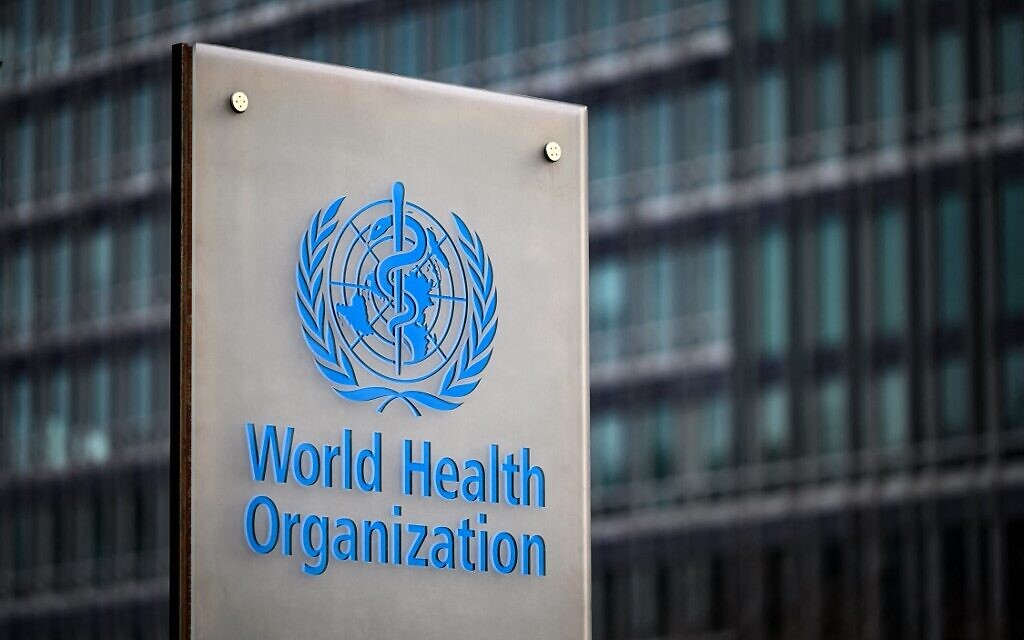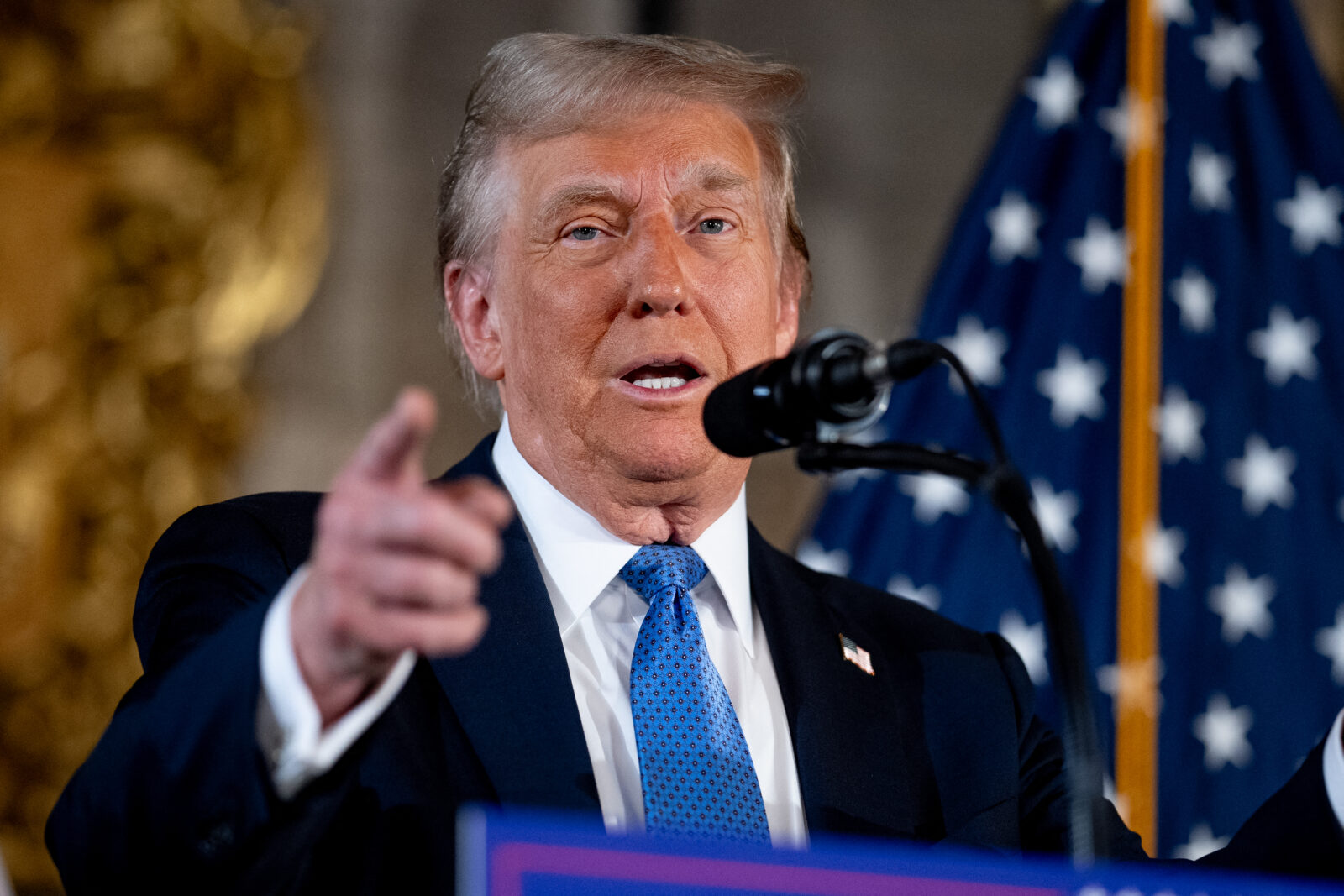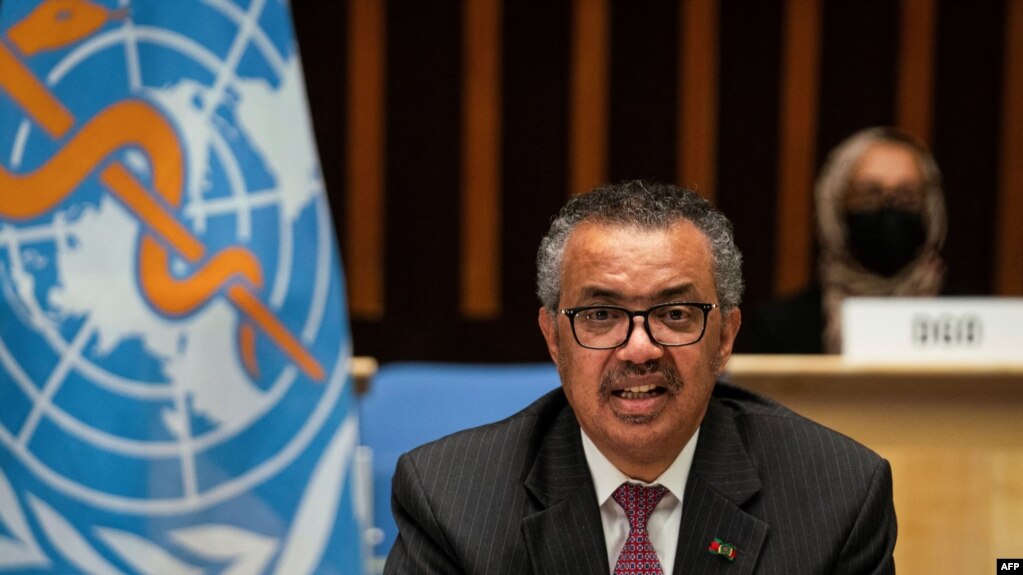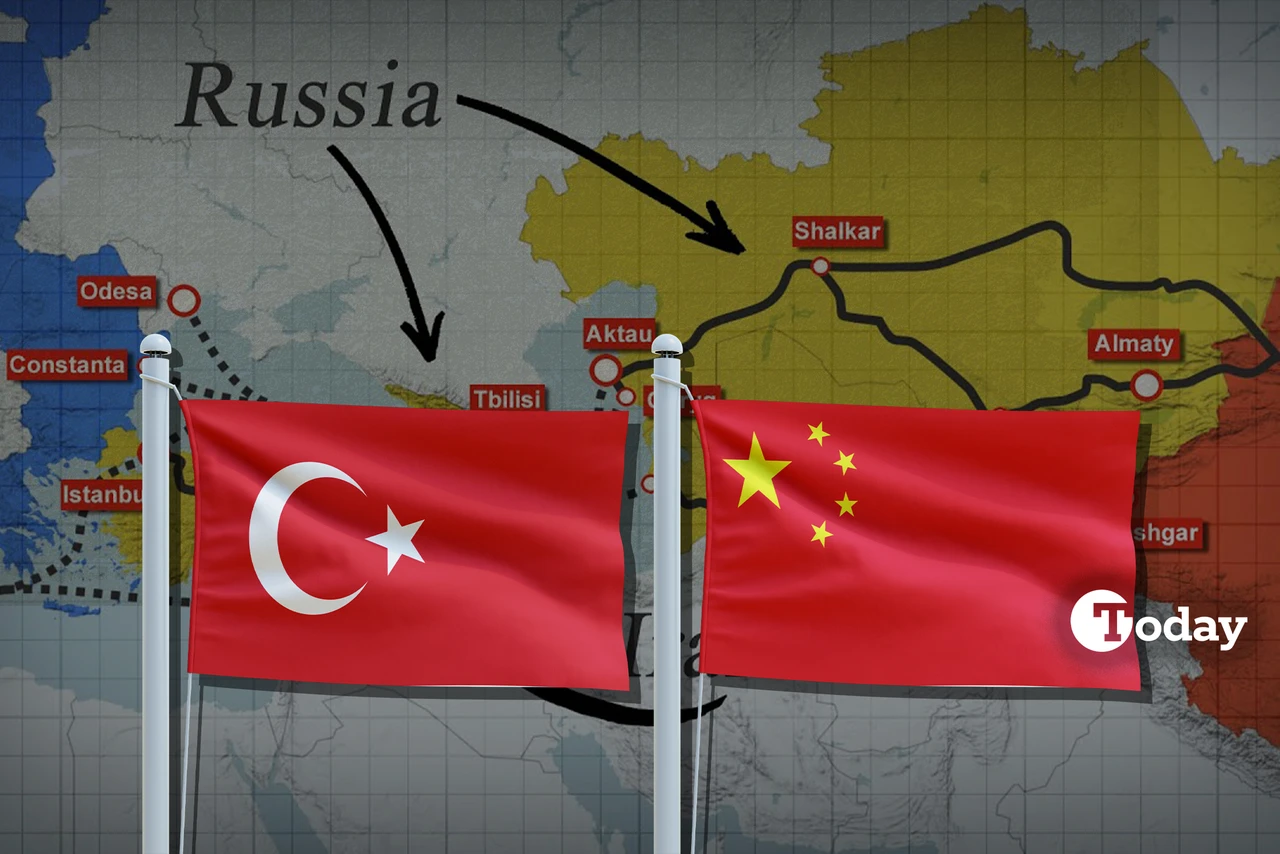Donald Trump reportedly plans World Health Organization withdrawal on day one
 US President-elect Donald Trump speaks during Turning Point's annual AmericaFest 2024 in Phoenix, Arizona, on Dec. 22, 2024. (AFP Photo)
US President-elect Donald Trump speaks during Turning Point's annual AmericaFest 2024 in Phoenix, Arizona, on Dec. 22, 2024. (AFP Photo)
U.S. President-elect Donald Trump is reportedly planning to withdraw the United States from the World Health Organization (WHO) on the first day of his new administration—a decision that health experts warn could have significant global repercussions.
Plans to withdraw from WHO resurface
Reports indicate that Trump’s transition team has informed public health experts about the intended withdrawal. Lawrence Gostin, a professor of global health law at Georgetown University, stated that the plan aligns with Trump’s previous criticisms of the WHO.
“I have it on good authority that he plans to withdraw, probably on Day One or very early in his administration,” Gostin said to Reuters.
Trump previously initiated the withdrawal process in 2020, citing the WHO’s handling of the COVID-19 pandemic and alleging undue Chinese influence. However, the withdrawal was halted after President Joe Biden took office and rejoined the organization.

Impact on global health efforts
The United States is the largest financial contributor to the WHO, providing approximately 16% of its funding.
Experts believe that a U.S. withdrawal could weaken the organization’s ability to respond to global health emergencies, including pandemics and disease outbreaks.
Critics warn that a withdrawal would:
- Undermine global disease surveillance systems.
- Disrupt emergency health responses.
- Reduce US influence in global health policy.
“The U.S. would lose influence and clout in global health, and China would fill the vacuum,” Gostin added.

Trump’s appointments reflect health policy stance
Trump’s reported choice of Robert F. Kennedy Jr. for Secretary of Health and Human Services signals a continuation of his contrarian stance on health policies.
Kennedy, a known vaccine skeptic, would oversee key agencies like the Centers for Disease Control and Prevention (CDC) and the Food and Drug Administration (FDA).
This appointment has sparked concerns among health experts about the future direction of US health policy, especially regarding pandemic preparedness and vaccine distribution.
WHO responds to withdrawal speculation
WHO Director-General Tedros Adhanom Ghebreyesus addressed concerns over a potential US withdrawal during a press briefing on Dec. 10.
“We need to give the U.S. time and space for the transition,” Tedros said, expressing optimism that ongoing pandemic agreement negotiations could be finalized by May 2025.
The WHO has emphasized its reliance on US financial and logistical support, particularly in pandemic prevention and response efforts.

Trump’s criticism of WHO
Throughout his previous term, Trump repeatedly accused the WHO of failing to hold China accountable for the initial spread of COVID-19.
He described the organization as being heavily influenced by Beijing and argued that U.S. contributions would be better directed toward domestic health initiatives.



